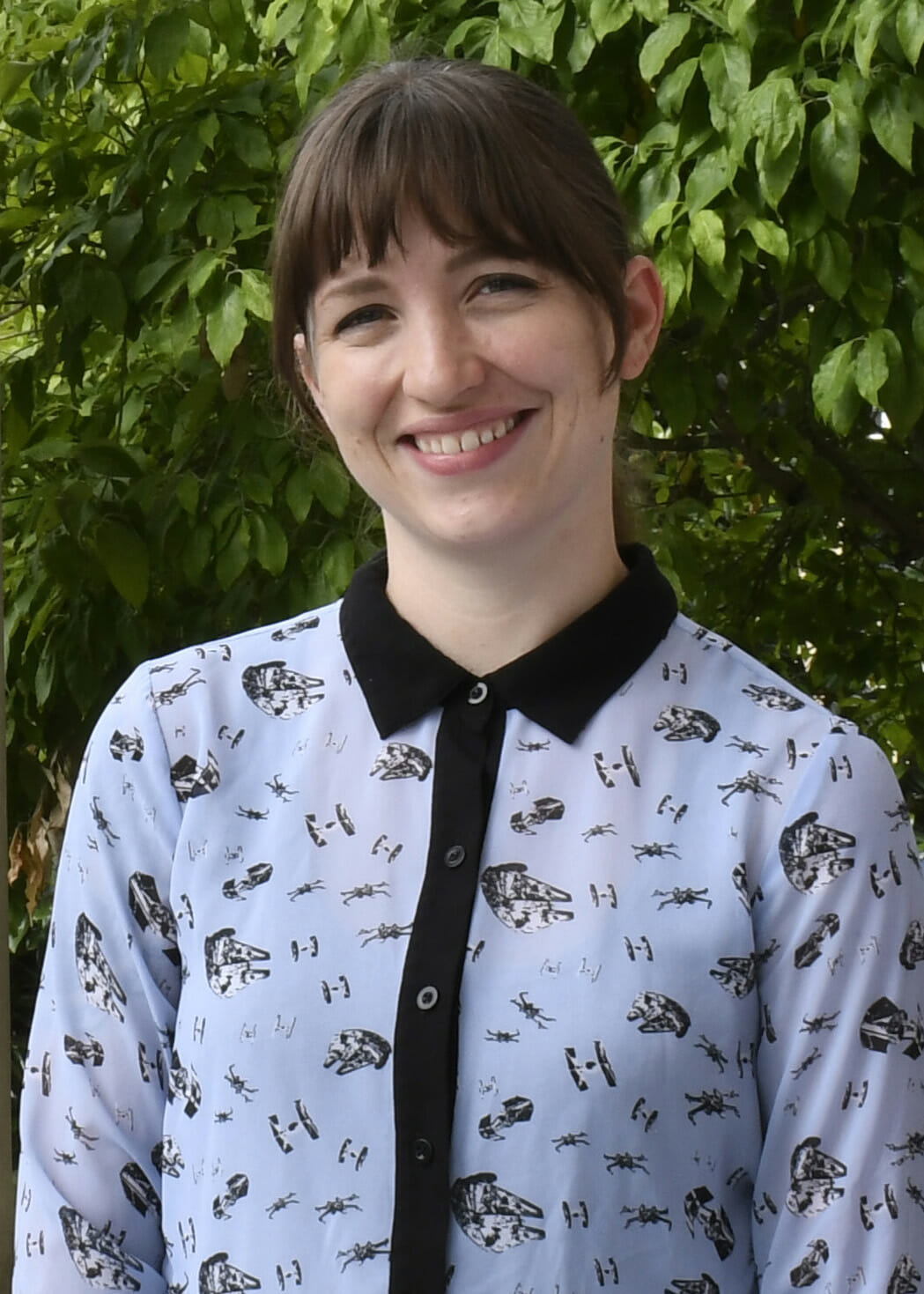ISSUED: 15 June 2022
MEDIA CONTACT: Dana Costa
SHEPHERDSTOWN, WV — Shepherd University students who are required to take microbiology will have the option starting in the fall semester to sign up for a class that will be tailored to their major and career aspirations. Dr. Sara Reynolds, assistant professor of biology, received a $5,000 one-year grant from NASA for the “modernization of microbiology in a diverse, post-pandemic classroom”
“Microbiology serves an incredibly large range of students—not just different majors, but different interests, different preparations coming into the course and different expectations for where they’re going next,” Reynolds said.
 Reynolds is spending the summer months designing a course that will give a diverse group of students the opportunity to focus on aspects of microbiology that will benefit them the most. She pointed out that nursing students are required to take the class, but their needs and interests are different from students who want to go into medicine, veterinary medicine, dentistry, environmental science, and research.
Reynolds is spending the summer months designing a course that will give a diverse group of students the opportunity to focus on aspects of microbiology that will benefit them the most. She pointed out that nursing students are required to take the class, but their needs and interests are different from students who want to go into medicine, veterinary medicine, dentistry, environmental science, and research.
In addition, some students in her microbiology class have taken three or four semesters of biology with labs versus others who were required to take only one science class.
“There’s a very large difference in what they’re bringing with them and what they want to do when they leave,” she said. “I’m designing this course to take some of that into account and to create flexibility in the material and assignments so that we can better serve those students.”
For example, Reynolds is planning to have the students do a project where they each pick an infectious disease to research. The students will choose an angle for the research that fits their area of interest.
“A nursing student will focus on things like what protective equipment you’d wear while treating a patient who is infected, what kind of symptoms that patients would display, and why they would display those symptoms, and they’ll look at what closely related organism they might need to consider,” Reynolds said.
“An environmental student might pick an organism that isn’t going to infect a person but has been found to contaminate agricultural fields—so, they’re not going look at symptoms in a person, they’re going to look at symptoms in a plant,” she said. “A student who is going to become a doctor is going to think about drugs and resistances and might study epidemiology related to the organism.”
Reynolds said the class will offer a competency and skills-based approach where all the students will utilize the same skills to complete the project but will not be assessed by one test. Her goal is to make microbiology more approachable, especially for students who haven’t had a lot of science.
“I am excited. This is an approach to microbiology I’ve wanted to try for a while,” she said. “Every microbiology class is so diverse. There are people who want to go into so many different areas. I’ve always wanted to find more dynamic and interesting things to bring in.”
Reynolds will present the plan for her class to the American Society for Microbiology’s Conference of Undergraduate Education on July 15 and will get feedback from a panel of microbiology educators on how to improve it. Once the course is developed, she will make the course materials will be publicly available to her colleagues across West Virginia and beyond.
— 30 —

